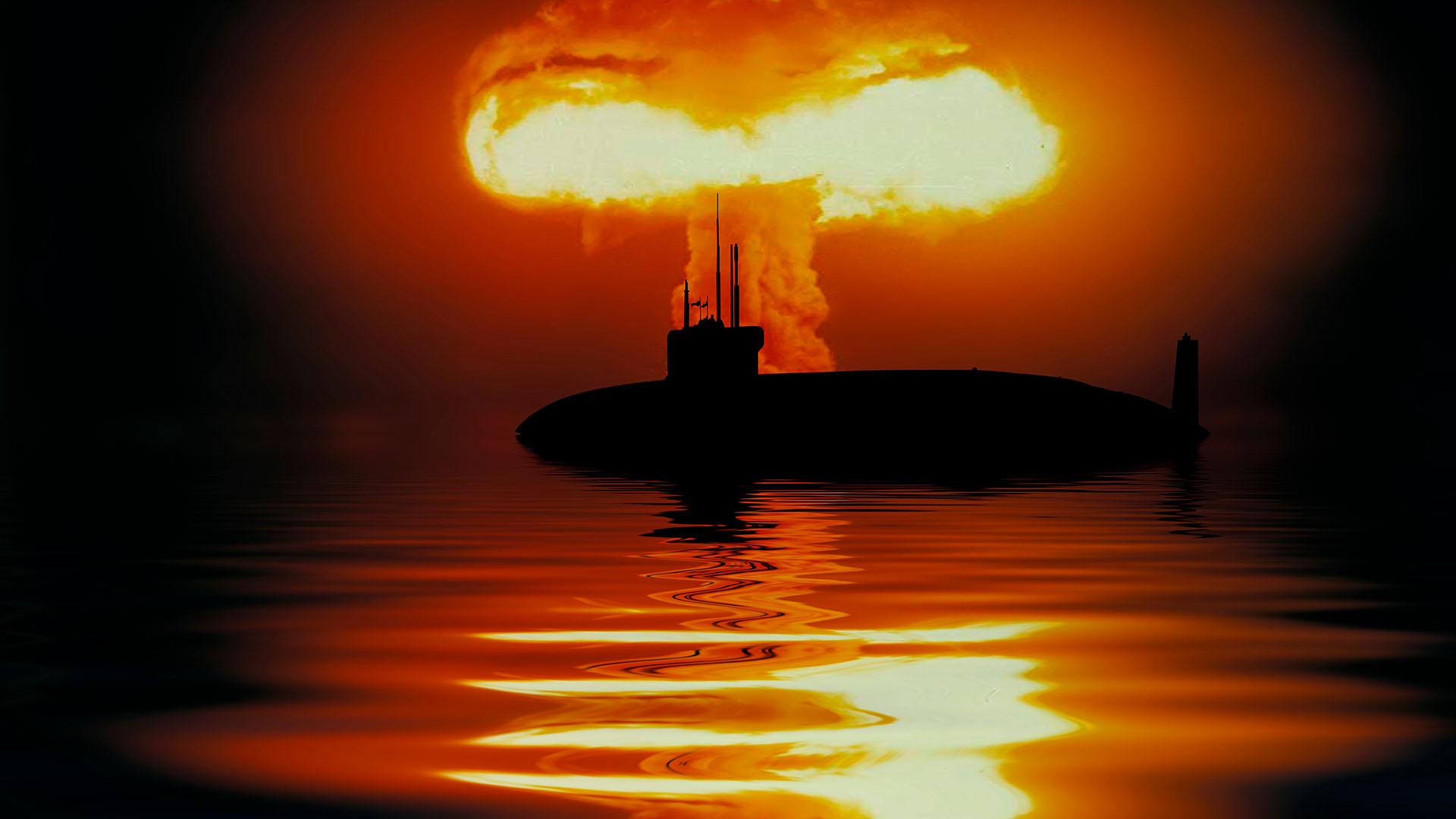Will the Doomsday Clock stand still or creep closer to midnight? Here's how to watch the reveal on Tuesday.
Watch the Bulletin of the Atomic Scientists' annual Doomsday Clock announcement to find out if 2024 is the year we creep closer than ever to a human-made apocalypse.
Get the world’s most fascinating discoveries delivered straight to your inbox.
You are now subscribed
Your newsletter sign-up was successful
Want to add more newsletters?

Delivered Daily
Daily Newsletter
Sign up for the latest discoveries, groundbreaking research and fascinating breakthroughs that impact you and the wider world direct to your inbox.

Once a week
Life's Little Mysteries
Feed your curiosity with an exclusive mystery every week, solved with science and delivered direct to your inbox before it's seen anywhere else.

Once a week
How It Works
Sign up to our free science & technology newsletter for your weekly fix of fascinating articles, quick quizzes, amazing images, and more

Delivered daily
Space.com Newsletter
Breaking space news, the latest updates on rocket launches, skywatching events and more!

Once a month
Watch This Space
Sign up to our monthly entertainment newsletter to keep up with all our coverage of the latest sci-fi and space movies, tv shows, games and books.

Once a week
Night Sky This Week
Discover this week's must-see night sky events, moon phases, and stunning astrophotos. Sign up for our skywatching newsletter and explore the universe with us!
Join the club
Get full access to premium articles, exclusive features and a growing list of member rewards.
UPDATE: On Jan. 2 it was announced that the Doomsday Clock would remain at just 90 seconds to midnight, with the Bulletin of the Atomic Scientists citing the threat of nuclear escalation in Ukraine, climate change and disruptive technologies as reasons to keep the clock teetering on the "doorstep of doom."
You can watch the full announcement below.
Scientists will soon announce how close a hypothetical timepiece known as the Doomsday Clock is to midnight — the hour of humankind's self-destruction in an apocalypse.
The Doomsday Clock currently stands at its closest-ever point to midnight, with just 90 seconds left before the world as we know it goes up in flames. A perfect storm of existential threats contributed to the decision to move the clock forward from 100 seconds to 90 seconds to midnight last year. But will the clock lurch forward again in 2024?
This year's announcement, which will feature science educator Bill Nye among other experts, will be held on Tuesday (Jan. 23) and live streamed on YouTube here from 10:00 a.m. EST, or you can watch above.

Whether the clock moves forward, backward, or hovers at 90 seconds to midnight is decided by a non-profit organization of scientists and policy-experts known as the Bulletin of the Atomic Scientists (BAS). As in 2023, climate change, the ongoing war in Ukraine and disruptive technologies played a major role in the new timing of the Doomsday Clock, BAS representatives said.
Related: 3 scary breakthroughs AI will make in 2024
Get the world’s most fascinating discoveries delivered straight to your inbox.
"Conflict hotspots around the world carry the threat of nuclear escalation, climate change is already causing death and destruction, and disruptive technologies like AI and biological research advance faster than their safeguards," BAS President and CEO Rachel Bronson said in a statement shared with Live Science.
"On all of these issues there is some progress, ranging from early-stage nuclear diplomacy between the US and China to record breaking investments in renewables [and] emerging national and international policy frameworks around technologies like AI and biological research," Bronson said. "But none of these efforts are moving forward quickly enough."

Sascha is a U.K.-based staff writer at Live Science. She holds a bachelor’s degree in biology from the University of Southampton in England and a master’s degree in science communication from Imperial College London. Her work has appeared in The Guardian and the health website Zoe. Besides writing, she enjoys playing tennis, bread-making and browsing second-hand shops for hidden gems.
 Live Science Plus
Live Science Plus






